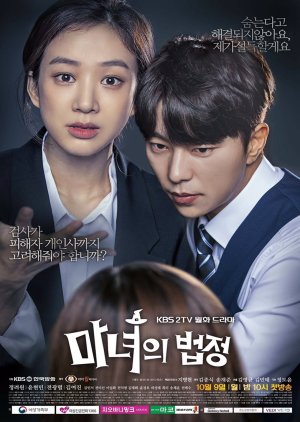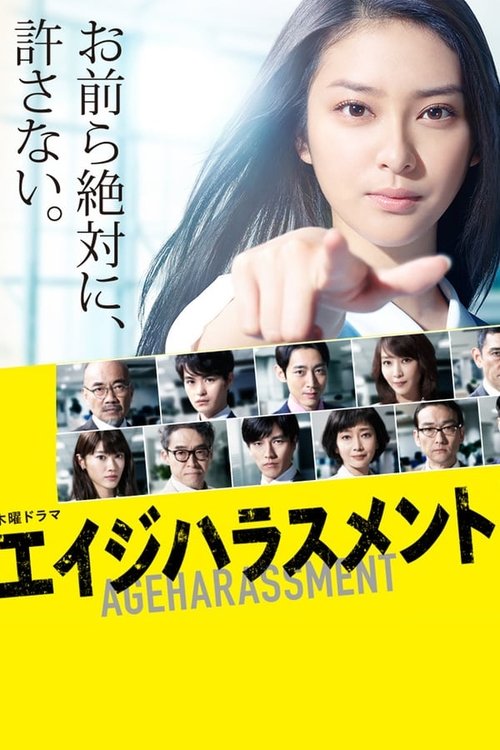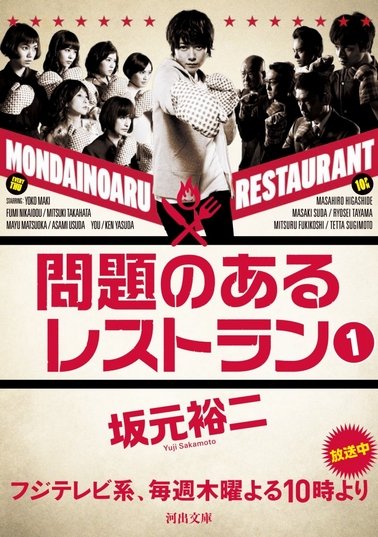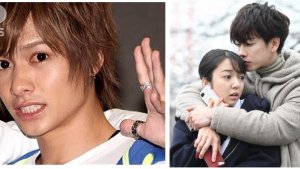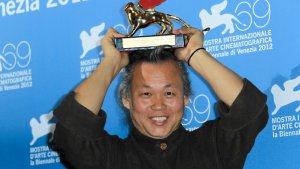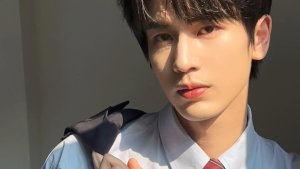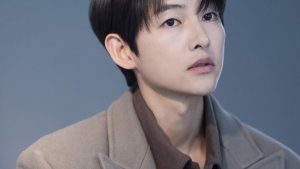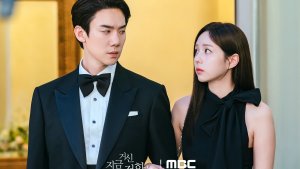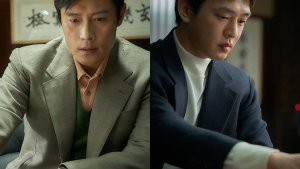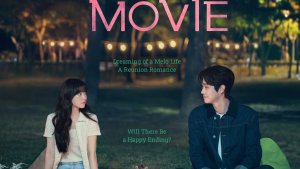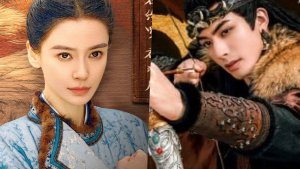 2024 Manga Adaptations (January - June)
2024 Manga Adaptations (January - June)
WARNING: the following article covers sensitive topics (harassment at work, sexual abuse) therefore it might contain triggers. If you find that kind of content disturbing - proceed with caution or do not read the article at all.
You've probably heard about the Me Too (or #MeToo) Movement that went viral in October 2017 after more than a dozen women had accused actor Harvey Weinstein of sexually harassing or raping them. However, if you're not familiar let me do a small layout of what this movement represents - it is a hashtag used on social media (mostly Twitter) in order to help demonstrate the widespread prevalence of sexual assault and harassment, especially in the workplace all over the world.
Many people support the movement because it does not only help in raising awareness but it also encourages victims to come out publicly, find support and justice.
There are also those who criticize the movement, saying that it might lead to a witch hunt, false rape accusations and it might also make people become indifferent and numb to this problem.
What I would like to talk about in this article is how this movement affected Asian countries, especially Japan and South Korea because they are relatively conservative countries with dominant male society. However, it seems things have started to change, hopefully for the better. So let's see which Asian actors or celebrities have decided to stand up and say #MeToo.
JAPAN
No matter how hard it might be to acknowledge this fact, the word "rape" is still very taboo in Japan and victims are discouraged from filling in reports in order to save their careers and reputations.
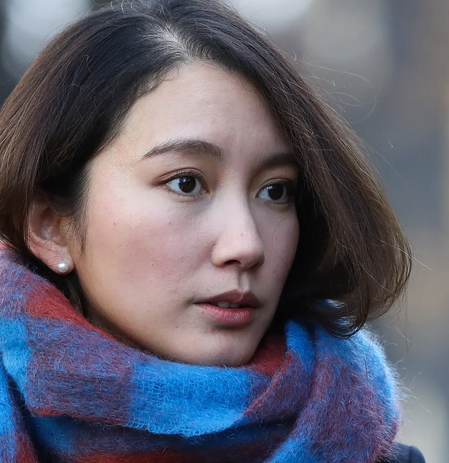 Journalist Shiori Ito decided to be the silence breaker and ultimately became the face of this movement in Japan. She sued a high-profile journalist Noriyuki Yamaguchi for dragging her to a hotel room in 2015 and raping her. Unfortunately, the case was dropped but Shiori refused to give up and went to the media.
Journalist Shiori Ito decided to be the silence breaker and ultimately became the face of this movement in Japan. She sued a high-profile journalist Noriyuki Yamaguchi for dragging her to a hotel room in 2015 and raping her. Unfortunately, the case was dropped but Shiori refused to give up and went to the media.
What is even more shocking is that Japan updated its rape laws for the first time after more than 100 years in 2017, showing that the Japanese society doesn't really look upon sexual abuse as something serious. Victims of abuse are usually criticized for coming forward because that behavior is seen as shameless, not brave.
Besides Shiori, many writers and bloggers started sharing their experiences such as Hiroko Goto, Kanoko Kamata, Rika Shiiki and Ha-chu.
There aren't known Japanese actors and actresses who decided to join the movement, but having in mind the backlash that Shiori received (death threats and public scrutiny), it seems that people are still 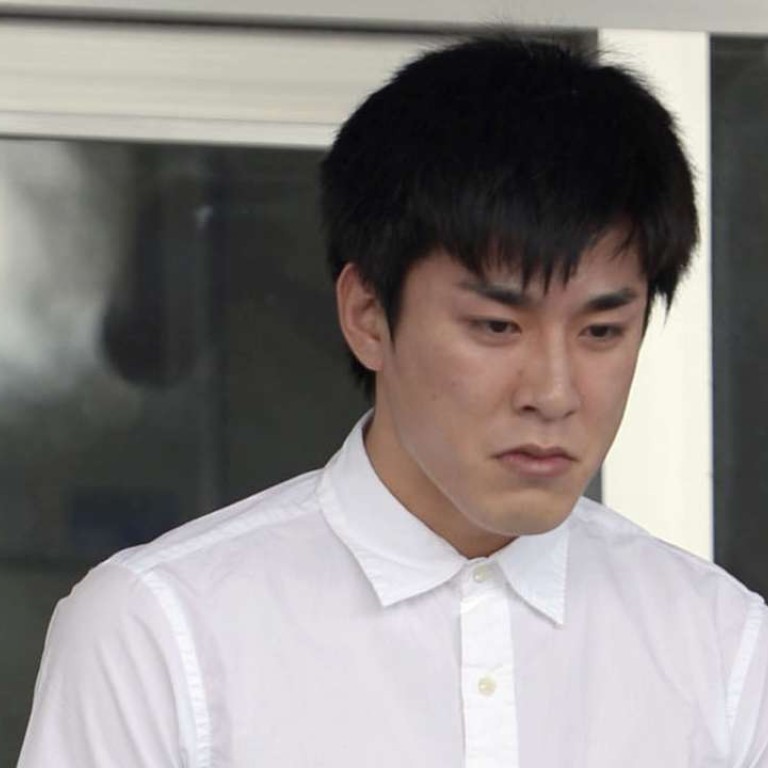 pretty much afraid to speak up. On the other hand, in South Korea, this seems to be going a lot faster because many actors have been in the spotlight for either being accused of harassment or being the victims themselves.
pretty much afraid to speak up. On the other hand, in South Korea, this seems to be going a lot faster because many actors have been in the spotlight for either being accused of harassment or being the victims themselves.
Actor Yuta Takahata (Mare, Anohana), son of a veteran actress Takahata Atsuko, was arrested for raping a hotel employee in 2016 because he “could not contain his sexual desires” but the victim dropped the charges after one month without any explanation. Yuta apologized publicly and his contract was canceled but he is still working as an independent actor.
Here's an interesting video that shows insight into what ordinary people in Japan think about this movement. Japanese society is not ready for these changes but it seems they don't have much choice.
South Korea
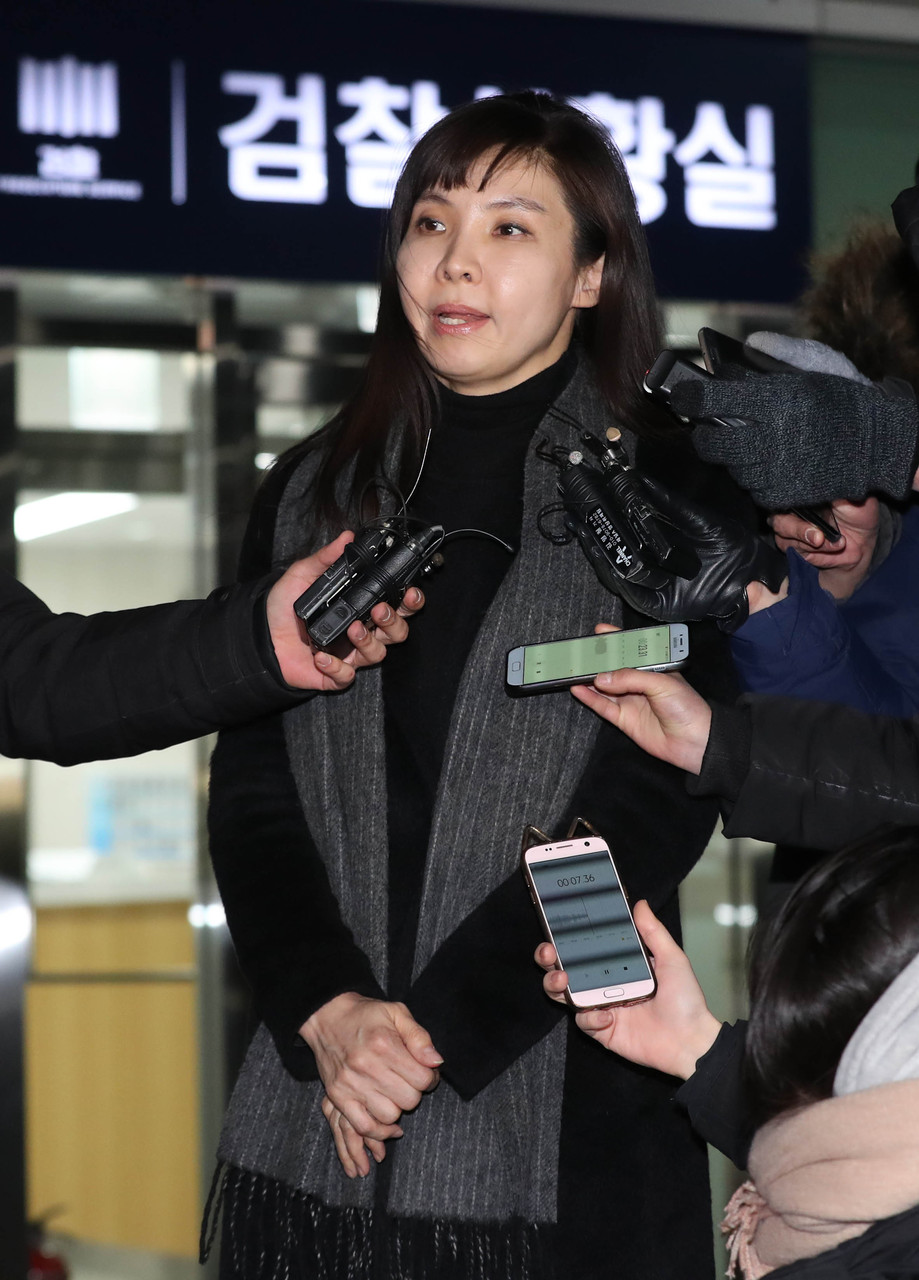
She reported the incident to her superiors but everything got covered up. She went public again in January 2018 and made quite a stir in the media. After her confession, other actresses and idols started coming out and sharing their experiences.
Before all this, in October 2017, actor Jo Deok Jae (Rude Miss Young Ae, Bedevilled) got accused of assaulting a fellow actress on a set in 2015, which led to him being sentenced to a year in prison with a two-year probation, but it wasn't until 2017 that his name was finally revealed.
Actor Lee Myung Haeng (Romantic Doctor Kim, Six Flying Dragons) dropped out of a play he was being part of after being accused of sexually harassing a staff member in a previous production. He also officially apologized but it is unknown whether he will go to court.
Professor and actor Jo Min Ki (East of Eden, Flames of Desire) committed suicide on March 9, 2018, after numerous accusations of sexual harassment. At first, he denied everything and dismissed them as rumors. Soon after, more and more students, both male and female, admitted to being his victims which forced him to admit to the allegations and apologize publicly. However, after it had been confirmed that the police would question him he committed suicide at his home and left a personal note in which he apologized once again and admitted to all wrongdoings.
Director Cho Geun Hyun (Lightning Man, Late Spring) was also included in a similar controversy when an  anonymous actress posted on social media with the hashtag “MeToo” that she was forced to listen to his vulgar comments and gossip such as "an actress has to sleep with a director if she wants to land the main role."
anonymous actress posted on social media with the hashtag “MeToo” that she was forced to listen to his vulgar comments and gossip such as "an actress has to sleep with a director if she wants to land the main role."
Actor and professor Han Myung Goo (Portrait of a Beauty, Splendid Politics) admitted to sexually harassing his students and forcefully kissing them. He issued a public apology and stepped down from his position as a professor. It is unknown whether he will be prosecuted.
Actor Jo Jae Hyun (Whisper, Solomon's Perjury) also admitted to being a "sinner" and harassing younger staff members by making them sit on his lap and kissing them forcefully. After his confession, he was removed from the cast of a drama Cross. Actress Choi Yul has come forward as one of his victims.
Sexual assault and the illegal sex trade is widespread in South Korea: in a report released last year, the South Korean Ministry of Gender Equality and Family estimated that half of Korea's male population pays for sex at least once in their life. The country suffers from deep gender inequality, and in 2016 the World Economic Forum ranked it No. 116 out of 144 on its Global Gender Gap Index, putting South Korea in the company of countries such as Angola and Nigeria. Japan was ranked 111th, China 99th, Thailand 71st and the Philippines 7th.
Veteran actor Choi Il Hwa (Two Cops, Bride of the Century) also admitted to being guilty.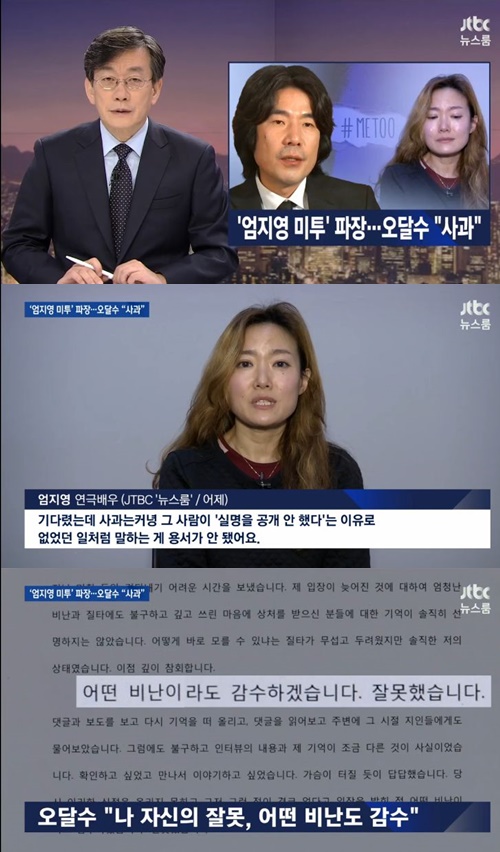 He raped an aspiring actress 25 years ago. He's been removed from the board of directors and his upcoming drama.
He raped an aspiring actress 25 years ago. He's been removed from the board of directors and his upcoming drama.
Actor and professor Choi Yong Min (Mom, Golden Empire) also admitted to sexually harassing one of his students, one of them in a taxi. He apologized publicly and resigned from his position as a professor.
Even though Oh Dal Soo (Tunnel, Ode To My Father) initially denied the sexual harassment allegations made against him, after actress Uhm Ji Young had come forward as one of his victims he finally admitted and apologized.
Actor Kim Tae Hoon (Hwarang, The Tooth, and the Nail) admitted as well that he harassed his students and announced that he would be stepping down from all of his positions.
Actor Han Jae Young (Woman of Dignity, New Trial) was also named in recent sexual harassment allegations; a woman accused him and Theater Shinhwa’s CEO Kim Young Soo, both of whom were blackmailing and harassing her. Apparently Han Jae Young apologized to her personally and she decided not to proceed with the report.
Other actresses who have come forward as victims of sexual harassment at work are Kang Eun Bi, Kim Soo Hee, and Hong Seon Joo.
In China, the most used hashtag is #WoYeShi or #metoo in lower case letters. Unfortunately, the Chinese internet censorship service is preventing more people from coming forward. They even had to change its slogan to 'Rice Bunny' to avoid strict censorship.
Similarly, as in Japan, Thai and Filipino people are not so open about publicly announcing being victims but it has been reported that more than 50% of women have experienced some sort of harassment in the workplace.
***
Here are some of the dramas that deal with these issues:
Witch's Court is one of those rare gems that really stand out among prevalent Korean rom-coms. The issues represented in drama reflect the current issues in Korea. When Jung Ryeo Won won the Top Excellence Award (Female) at the 2017 KBS Drama Awards, she announced that they "wanted sexual assault and sexual violence laws to be tightened so that perpetrators could be punished, and thought that it could be a good opportunity for victims to raise their voices."
Age Harassment does not deal with sexual assaults as much as with social & gender hierarchy and bullying at work; however, it is very relatable to those who had to endure sexual advances as well.
In Mondai no Aru Restaurant, the atmosphere is not as dark as in Witch's Court but the drama still touches upon problems that Japanese women have to face every day in the workforce.
Sources & recommended:
Me Too Movement Wiki
Shiori Ito, the Face of the #MeToo Movement in Japan, Speaks Out
Shifting attitudes toward sexual violence in Japan
#MeToo Begins to Gain Traction In South Korea's Entertainment World
#MeToo movement comes to South Korea in wake of Seo Ji-hyeon allegations
Why Few Thai Women Are Saying #MeToo
The #MeToo movement arrives in the people’s republic
Korean celebrities accused of sexual assaults
What do you think about the #MeToo Movement?
Do you support it or do you think it is just blown out of proportion?
Do you think this movement will bring changes to Asian entertainment industry and society in general?
Thanks for reading!

